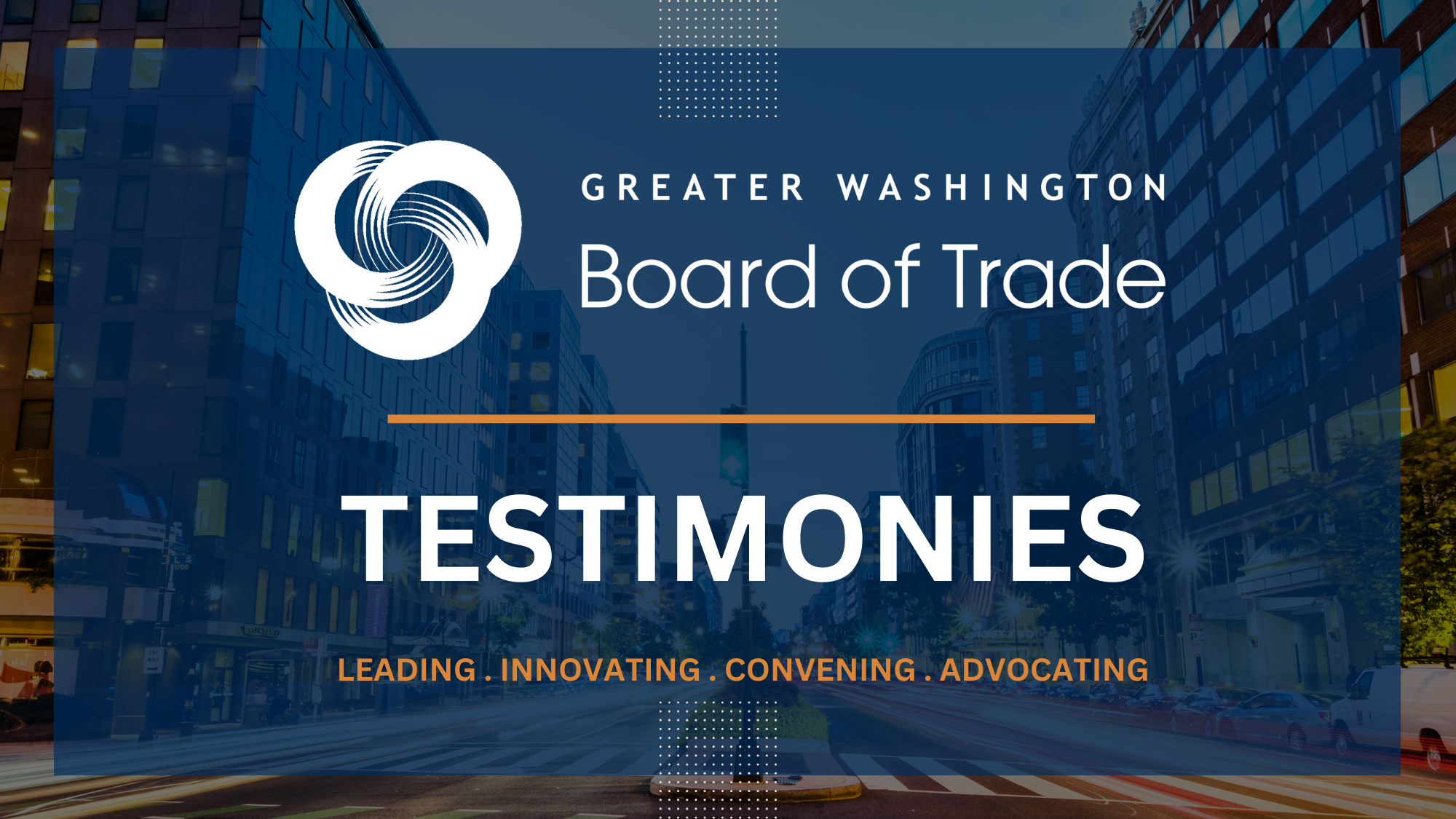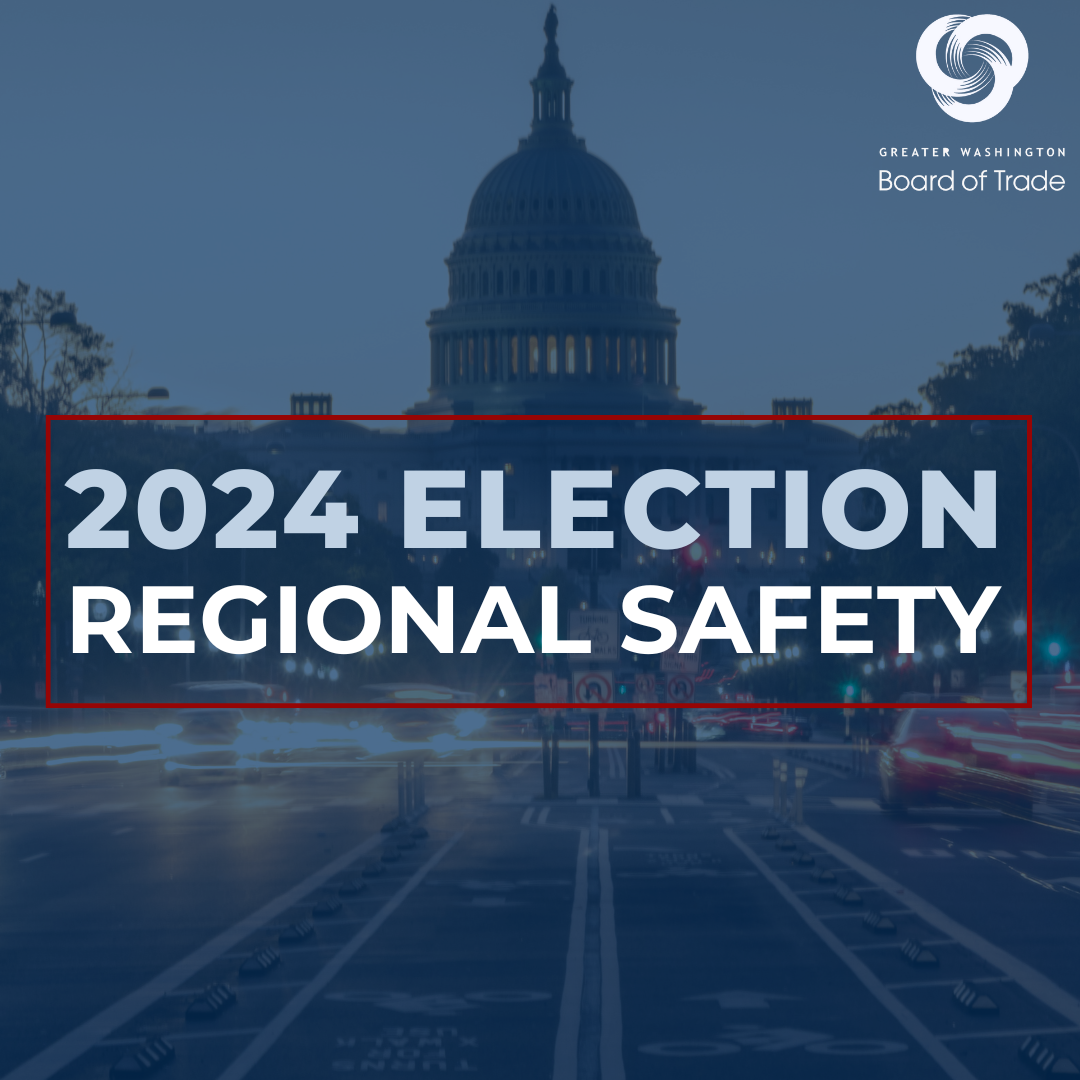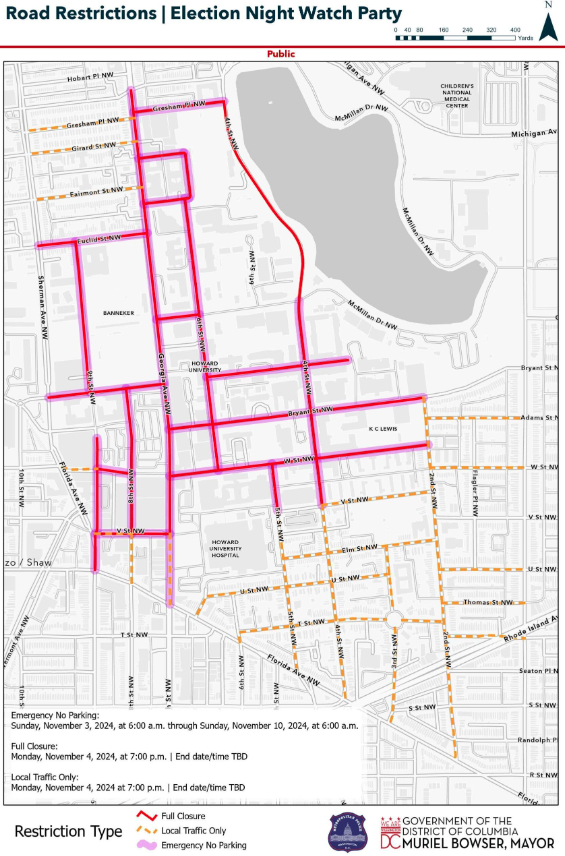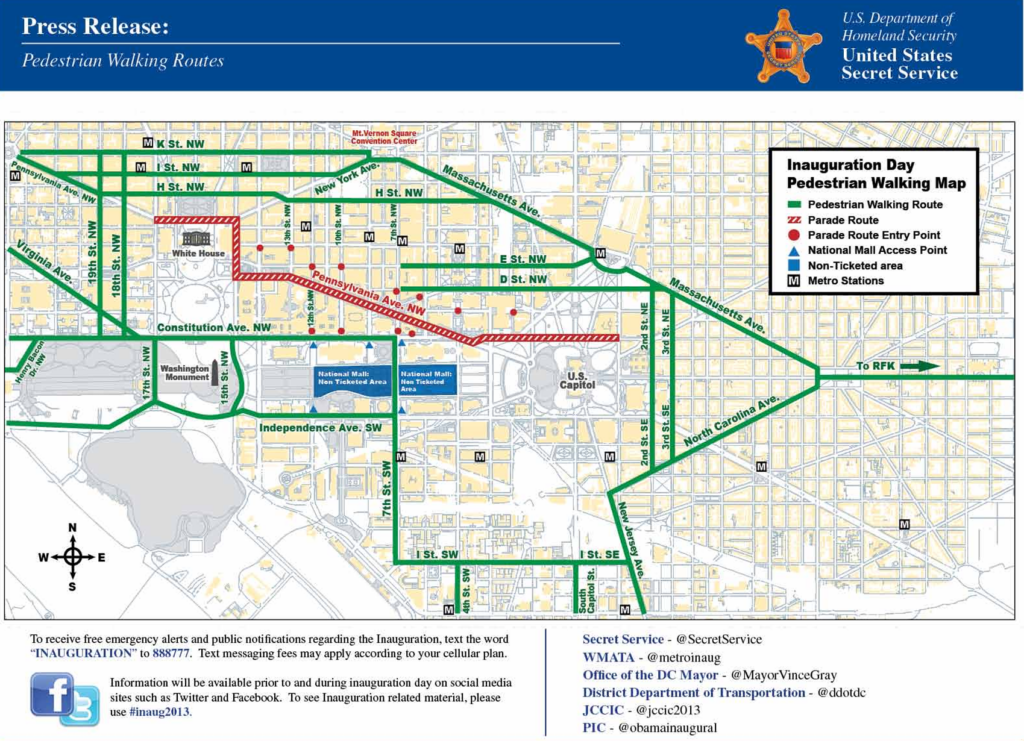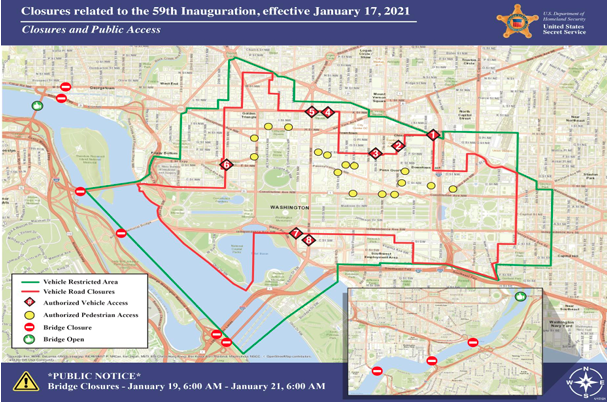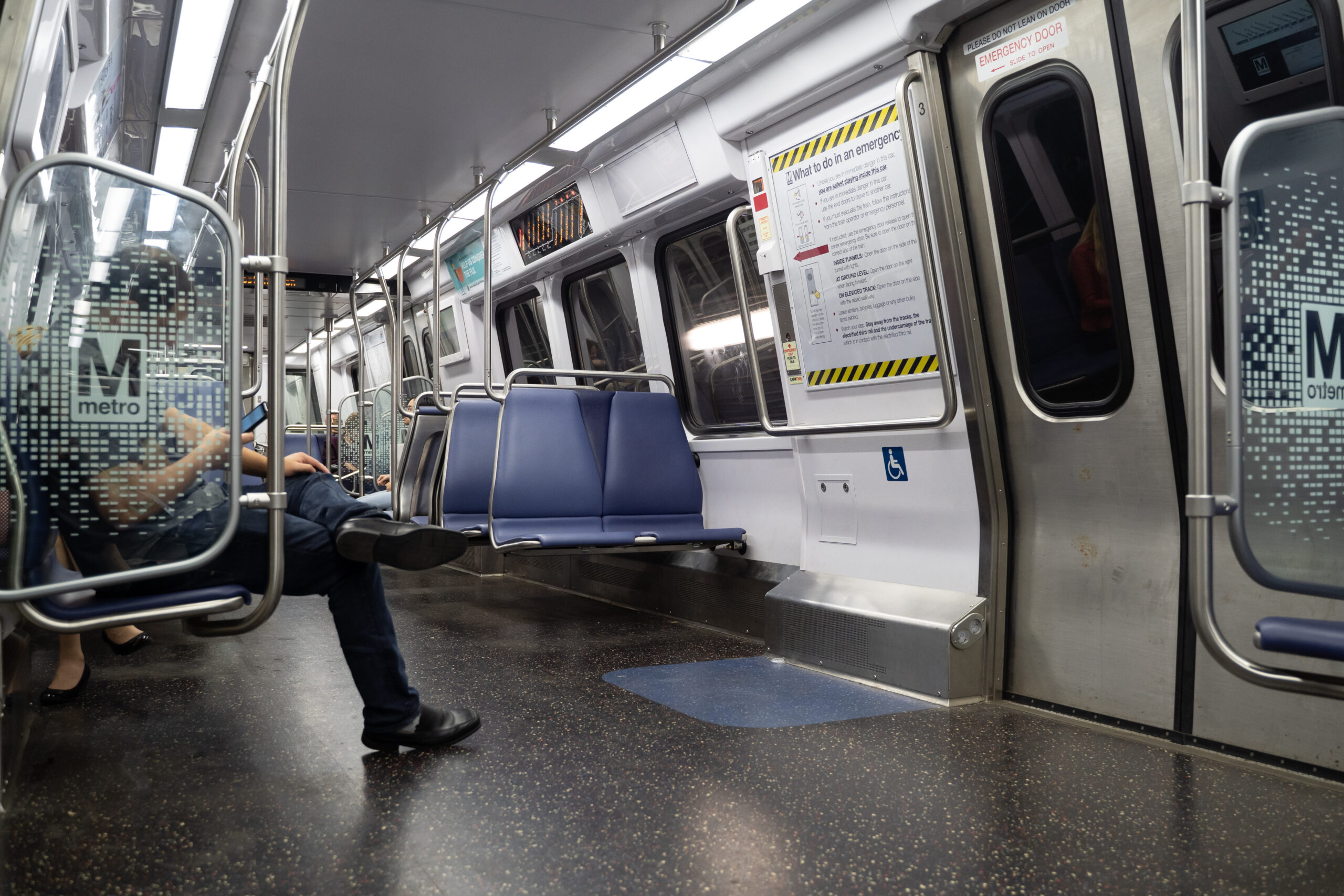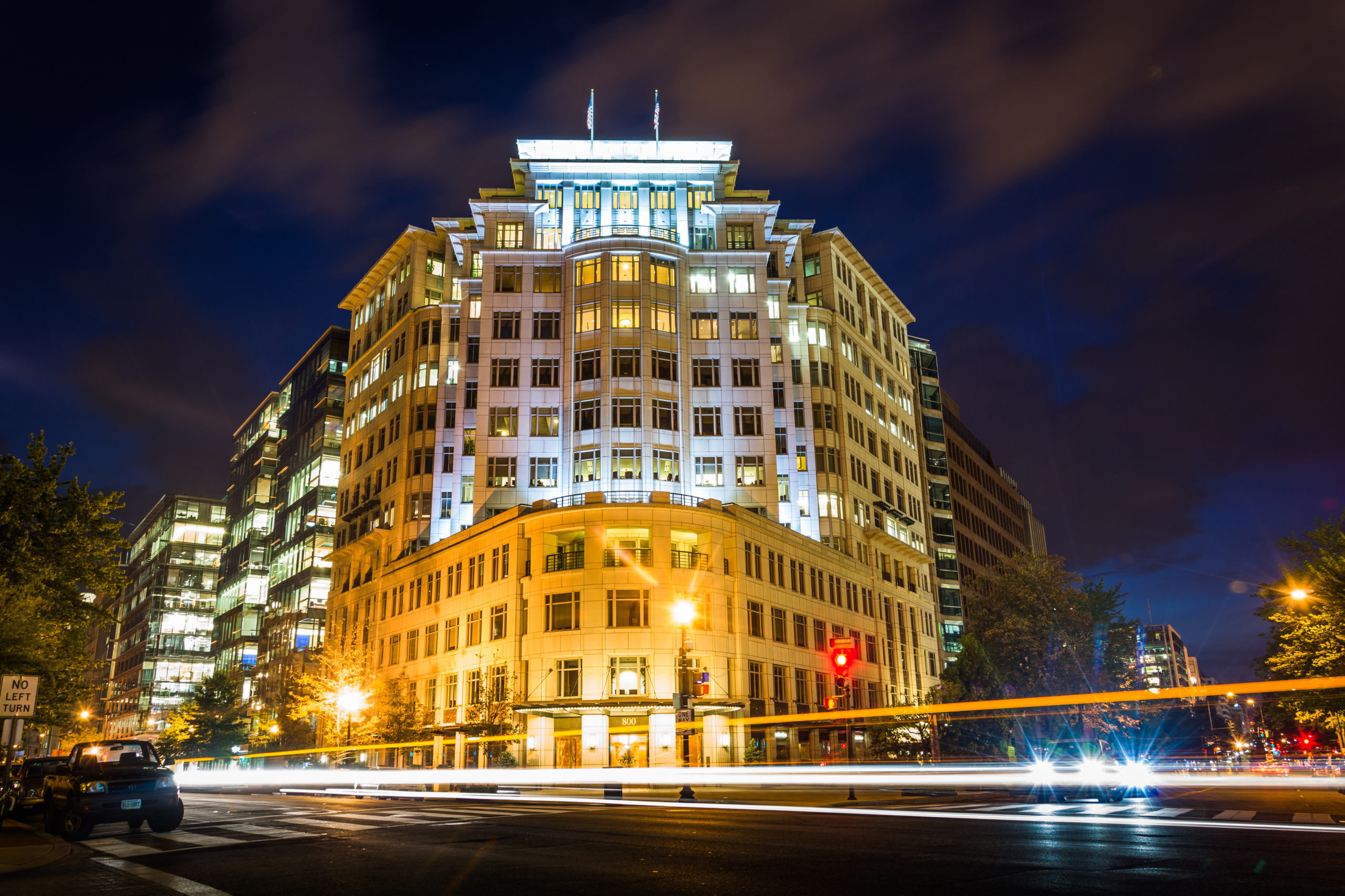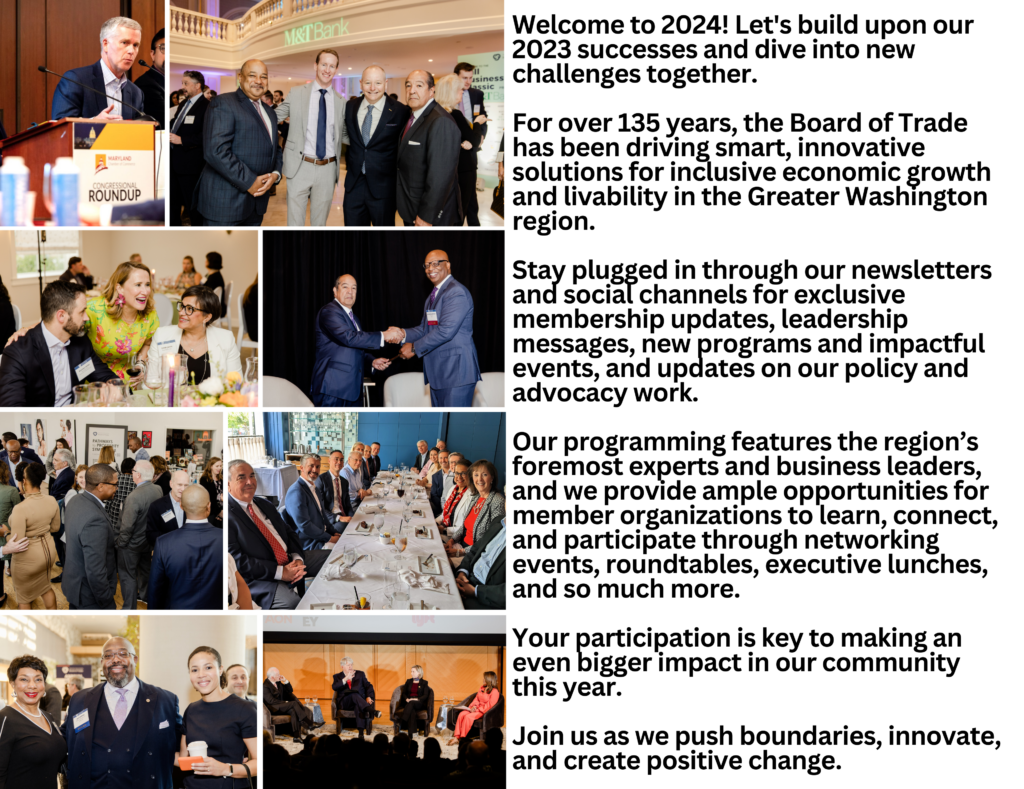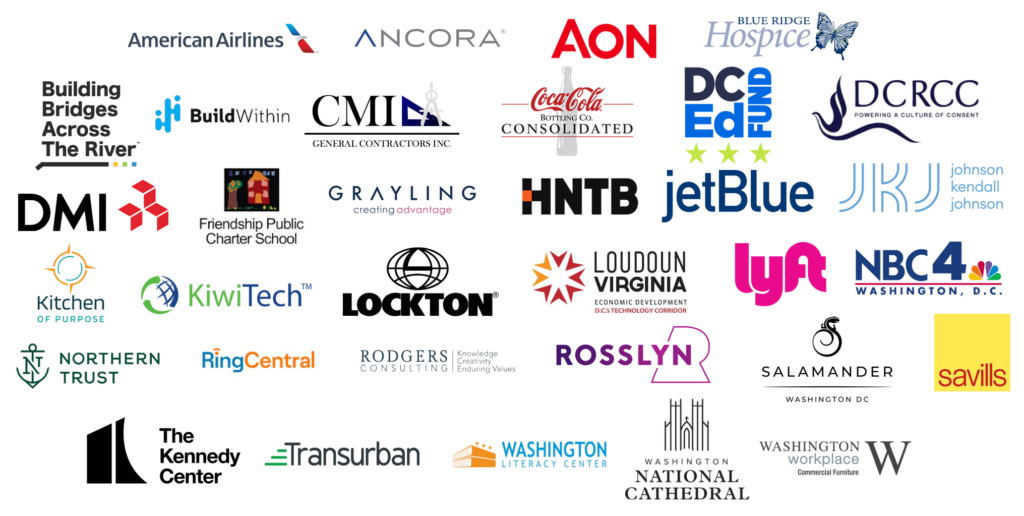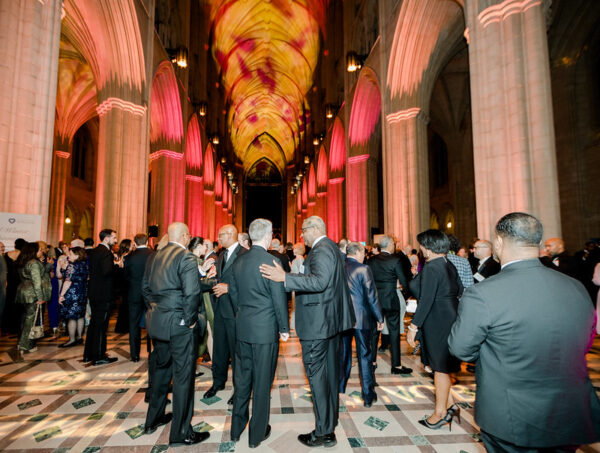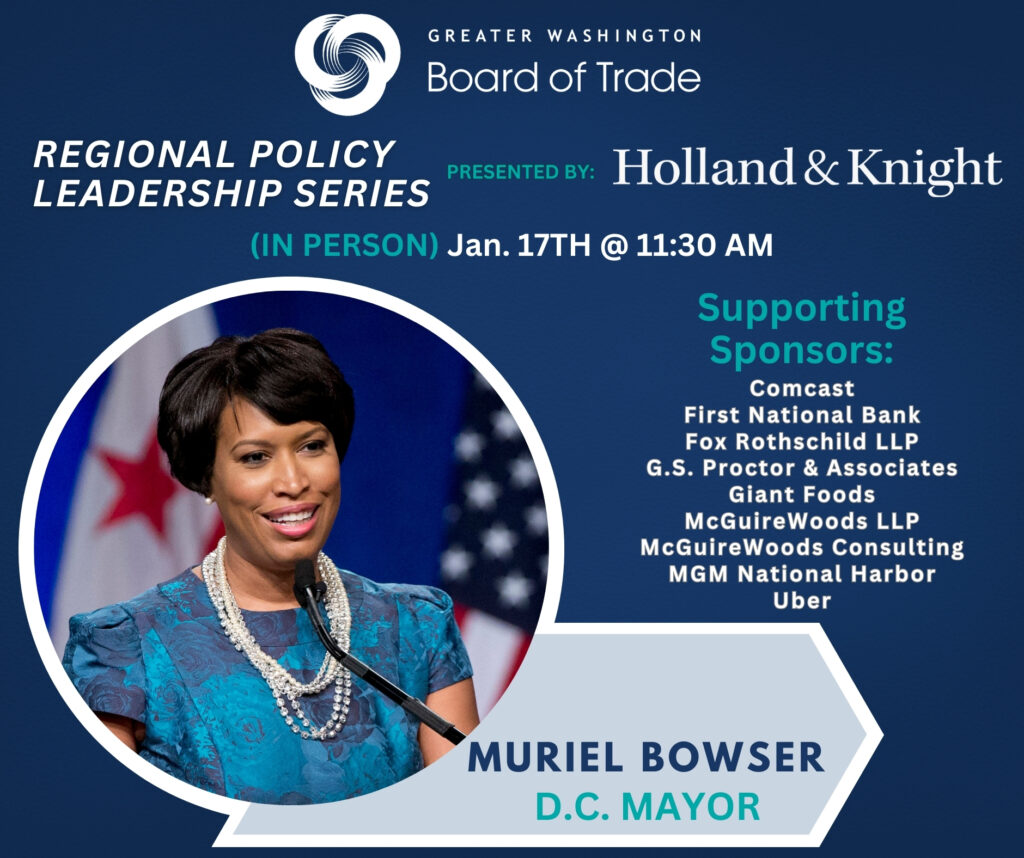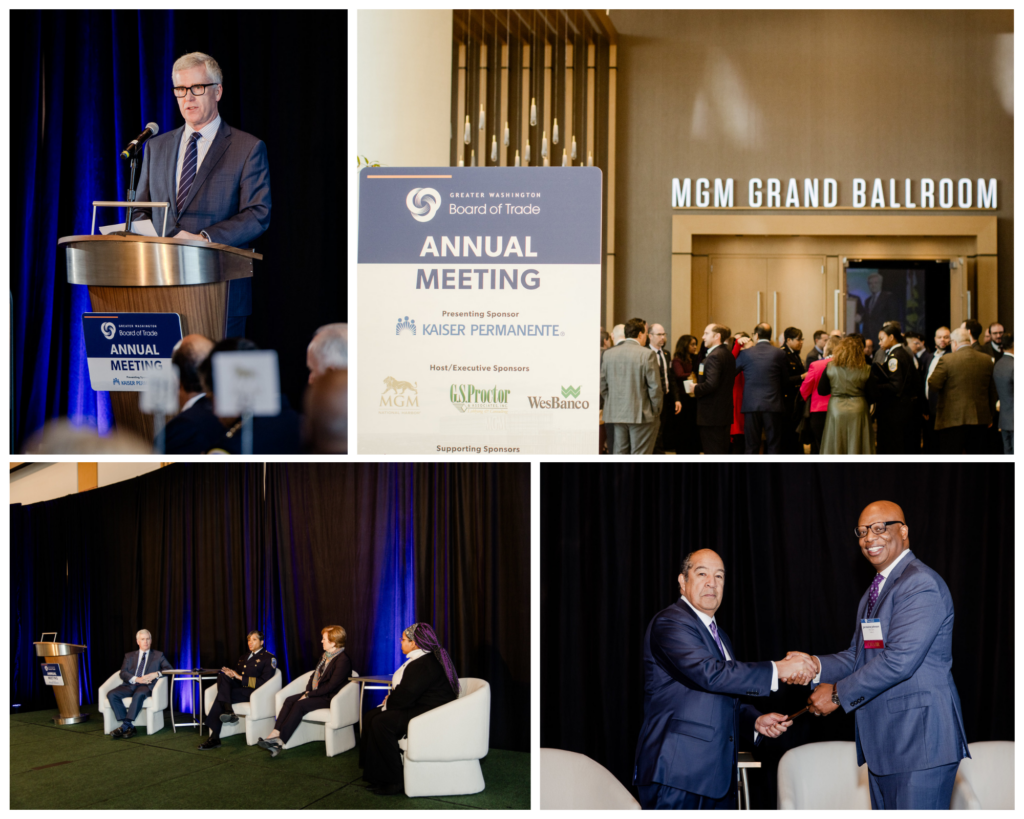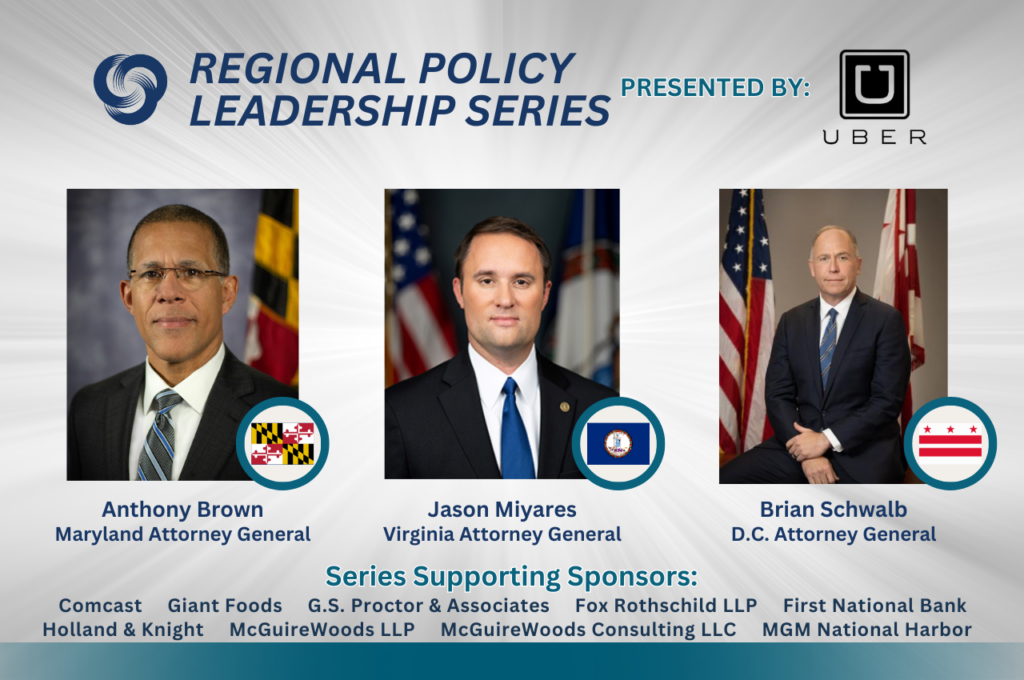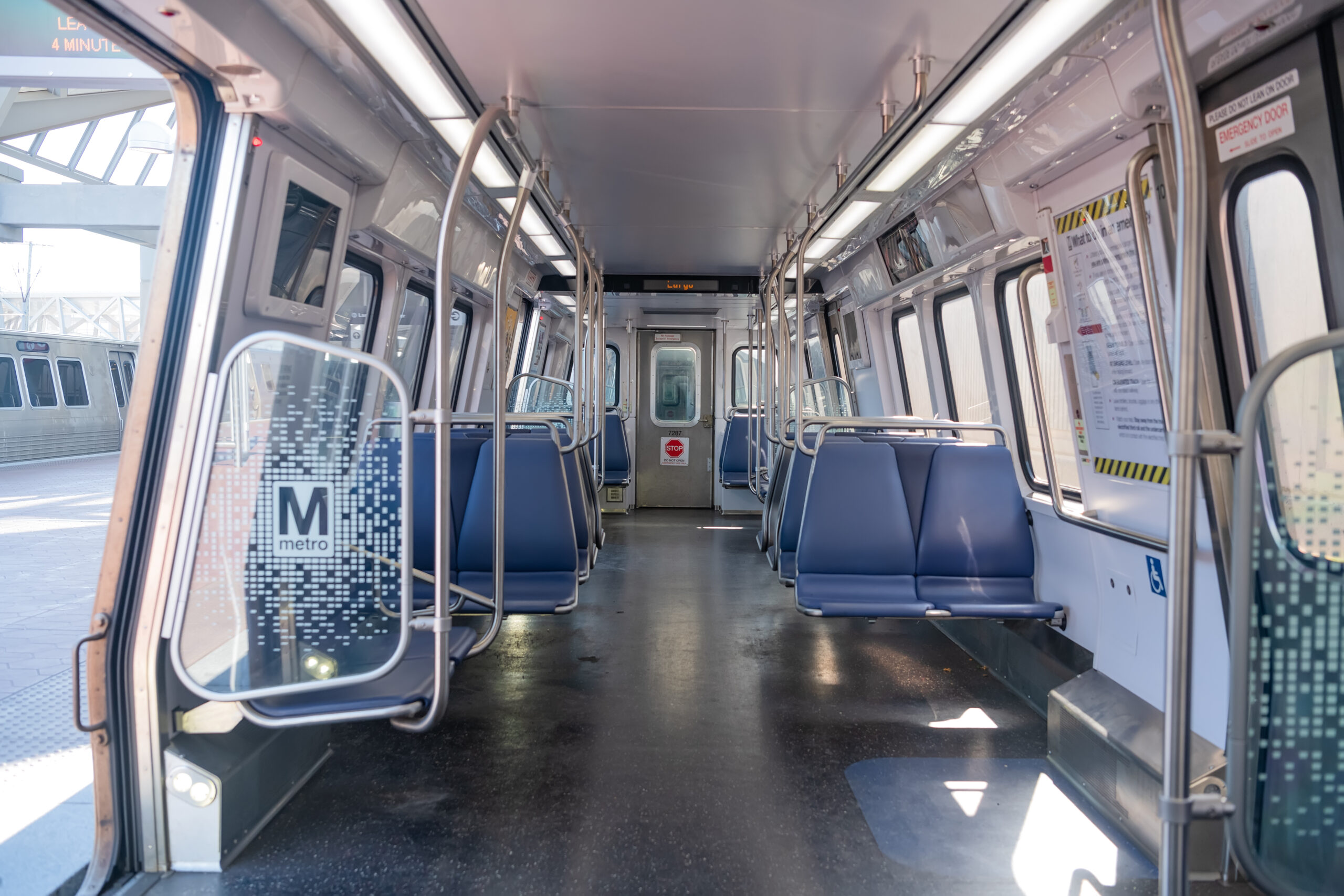Below is a letter on the Release of 2024 NAEP Math Results from our member and partner at the Collaborative for Student Success that the Greater Washington Board of Trade has signed on to and supports:
The latest National Assessment of Educational Progress (NAEP) results in mathematics should alarm us all and spur urgent action — particularly as recent research shows that math scores are closely tied to salary at age 30 for children of all backgrounds.1 Yesterday’s release of the Nation’s Report Card highlights significant and ongoing challenges in student math achievement — challenges that must be addressed by states, districts, and schools to prepare students for the workforce demands of today and tomorrow.
“Every time our nation is faced with low results on the NAEP exam, we express shock and dismay at the state of math education in our country,” said Jim Cowen, Executive Director of the Collaborative for Student Success. “But 48 hours later, the headlines fade, and little changes. This time must be different. Let’s commit to concrete action to improve math achievement for all students.”
We, the undersigned, recognize the challenge these results present. Rather than dwell on the numbers, we call on states and districts to take decisive action by adopting policies that will raise student math achievement. United, we ask policymakers to embrace bipartisan solutions that help ensure all kids — especially those from under-resourced communities — have access to a high-quality math education.
Together, we recommend six key strategies, backed by research and practice:
- Expand access to high-quality instructional materials aligned to rigorous standards.
- Provide educators with high-quality professional learning focused on effectively using instructional materials in the classroom.
- Increase instructional time by extending learning opportunities before, during, and after the school day.
- Automatically enroll students into advanced math courses based on objective assessment results or other data.
- Hold teacher preparation programs accountable for equipping teachers with the skills and content needed to succeed in math instruction.
- Leverage math coaches at the school or district level to work closely with teachers to improve classroom practice and, ultimately, student math achievement.
Moreover, we call upon local leaders to directly connect the math needs of our students to the workforce necessities of our communities. There’s no question that the more students that have a strong math education, the stronger our workforce will be.
“Business and industry leaders across our region, and the nation, are seeking applicants with strong math, reasoning, and data analysis skills,” said Jack McDougle, President & CEO, Greater Washington Board of Trade. “Both a child’s potential for success and the future health of our workforce are dependent on equipping students with the skills that math helps form and strengthen.”
Progress is Possible — and Already Happening
States across the country are proving that progress is within reach:
- Rhode Island and Mississippi alike have taken concrete steps to increase access to high-quality instructional materials in math.
- Texas, Washington, and North Carolina have implemented automatic enrollment policies to ensure students are not overlooked for advanced math coursework.
- Arkansas and Massachusetts have strengthened teacher preparation programs, requiring higher standards for math instruction.
- Alabama and Colorado are offering programs and resources that empower teachers to improve instruction and extend learning beyond the classroom.
These success stories demonstrate that bipartisan action can yield real results. Now is the time for every state and district to follow their lead.
Yes, the NAEP results are concerning — but we cannot let them be the final word. Instead, they should be the starting point for collective action. Together, we can ensure that every student has the opportunity to excel in math.
It is time to move past the data and ensure that our collective actions speak louder than the numbers released yesterday.
Below are companies and organizations that have signed on to support this letter:
A+ Education Partnership
Best NC
Collaborative for Student Success
EdTrust
EdTrust-West
Educate Texas
Education Reform Now
Educators for Excellence – NY
EmpowerK12
ExcelinEd
Greater Washington Board of Trade
Just Equations
Maryland Out of School Time Network
Maryland STEM Education to Employment Ecosystem
Memphis Lift
Nashville PROPEL
National Alliance for Public Charter Schools
National Council on Teacher Quality
National Parents Union
NewMexicoKidsCAN
OhioExcels
Parent Shield Fort Worth
Powerful Parent Movement
Prichard Committee
STEM Center of Excellence, Inc.
Thomas B. Fordham Institute
TNTP
Zearn Math


